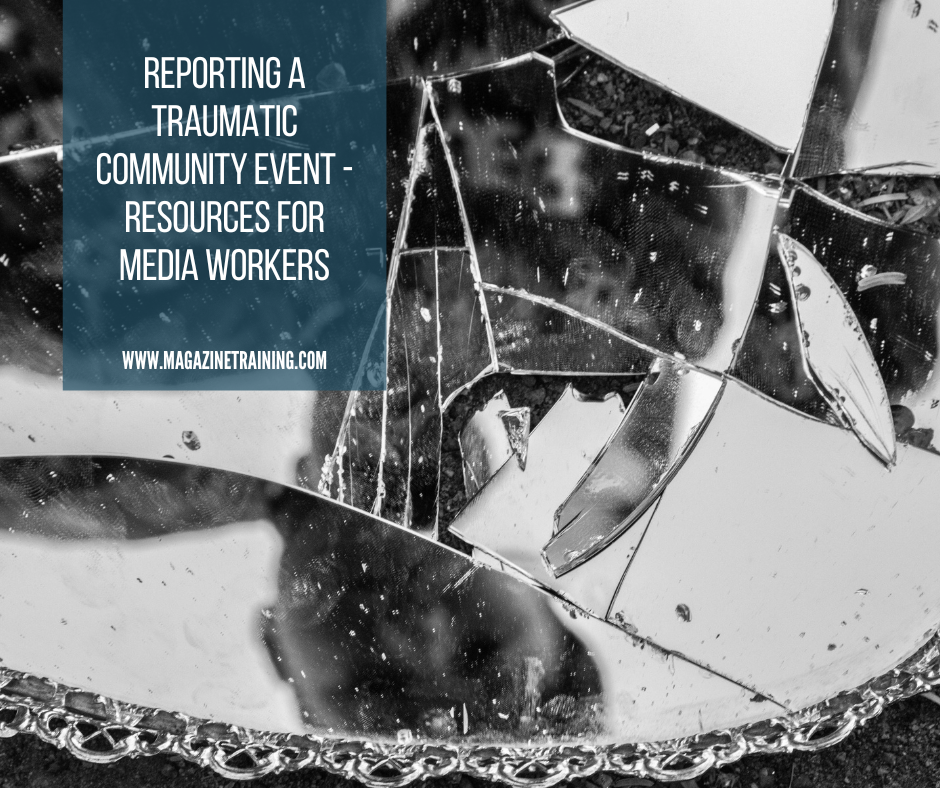
On December 12, 2022, a mass shooting that occurred in the small community of Wieambilla, on Queensland’s Darling Downs, has left six people – including two police officers and an innocent local resident – dead, putting many news personnel in situations where they are reporting a terrible crime that has the potential to be extremely distressing.
Reporting a community tragedy can impact media workers, their managers, and their loved ones acutely. Those impacts can be potentially immediate, delayed or long-term.
As each of these media workers – and their managers – digest the ramifications, personal and professional, of this tragedy, the Dart Centre Asia Pacific is offering some tips and resources that may help them report ethically and safely.
For those who have, or will be, on-scene reporting:
- Before you head out, take time to prepare for the intense reporting that you are about undertake and the potential impact it can have
- If you have any concerns, speak to your newsroom managers and colleagues before you embark
- Keep your loved ones, at least those you are closest to, informed about your assignment
- Have someone you trust who you can call on if you need to talk through anything disturbing
- Make sure that you pace yourself and take regular breaks while on assignment, rehydrating regularly and having some food
- If you feel overwhelmed or fatigued, speak to your news desk without delay
- Debrief regularly with your team, it can help enormously. You may also find speaking to a mentor or an experienced colleague – who can be from your own or another media outlet, a retired reporter, or a trauma-informed health practitioner – can help you process what you have seen or heard
- Peer support is important especially, if you have experienced something together. Look out for each other.
Newsroom managers
- Before media workers head out to report tragic events, brief them thoroughly about on-the-ground situation and what is expected of them
- Create and implement plans for regular check-ins
- Be mindful personal and/or professional circumstances that can adversely impact the reporter and/or the safety of your staff
- Make sure that journalists working on scene and at the desk have sufficient breaks from their work
- Initiate regular debriefs to discuss the impact of the reporting and how journalists feel about the coverage and job demands
- It is always better to deploy several journalists to report on a tragedy where you can and to rotate coverage teams to allow for sufficient breaks
by Amantha Perera and Helen Zahos, DART Center for Journalism and Trauma
Photo by Savannah Bolton on Unsplash
Related posts
Magazine Training International’s mission is to encourage, strengthen, and provide training and resources to Christian magazine publishers as they seek to build the church and reach their societies for Christ.

